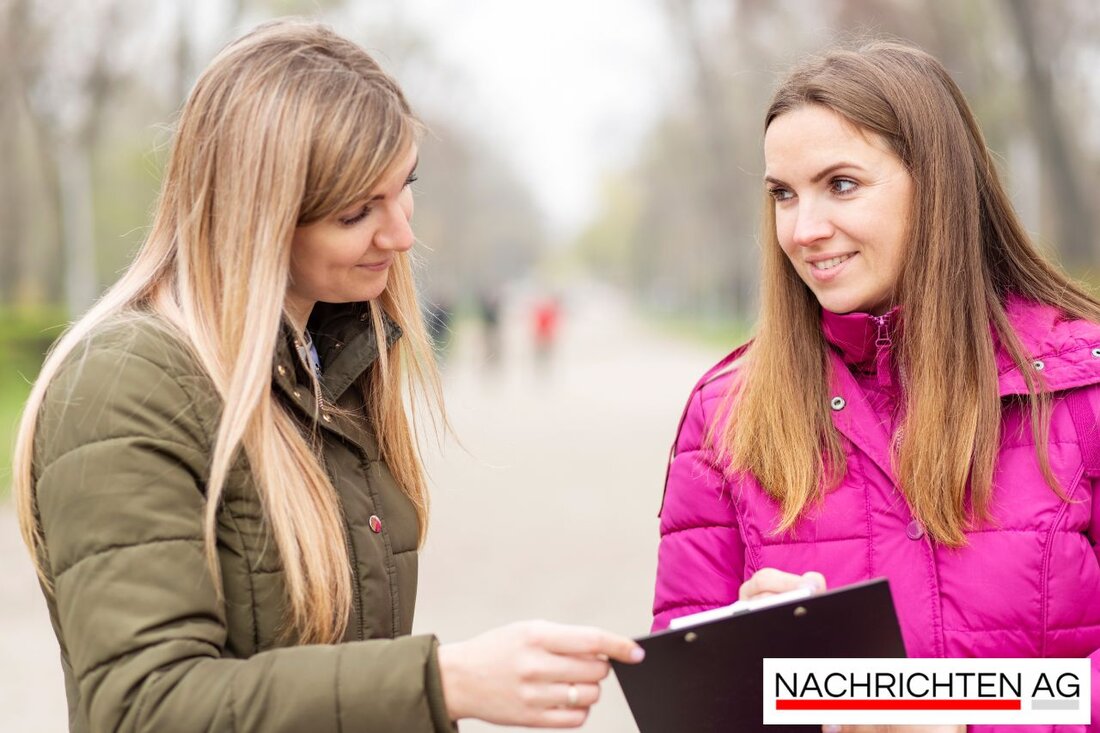Enjoyment in Schwäbisch Gmünd: create rooms for dialogue and equality!

Enjoyment in Schwäbisch Gmünd: create rooms for dialogue and equality!
The first conceivable took place in May in the studio of the glass artist Alkie Osterland. Numerous participants gathered under the topic "About speaking and breaking", including Elke Heer, the commissioner for equal opportunities for the city of Schwäbisch Gmünd, Dr. Margarete Menz, equal opportunities officer of the PH, and Prof. Dr. Andreas Benk, a politically committed Catholic theologian. The event had the goal of creating new rooms for dialogue and a change of perspective to think together.
A central reputation of the observation is that there are too few occasions for dialogue and encounter. A special focus was on the need for a constructive language, especially with regard to terms such as equality. These topics were deepened in various plenary discussions and smaller rounds, with the participants had the chance to share their different perspectives. The encouragement was so great that the next one is already being planned.
The role of language in society
language plays a fundamental role in creating inequality and discrimination. How bpb.de , language is based on distinctions that are not always objective. It categorizes the world and transports cultural stereotypes, which can lead to a negative assessment of certain characteristics. This is particularly evident in the distinction according to gender, where linguistic categories often distort reality.
In the 19th century, the original meaning of the verb "discriminated" - "separate" or "distinguishing" - did not be sufficient and developed into a negative connotation associated with degradation and disadvantage. Since these linguistic distinctions are deeply rooted in most languages, they represent a challenge for equality.
gender -sensitive language as a solution
To counteract this problem, the introduction of gender -friendly language is on the rise. In 2014, for example, the Equality Commission of the Philipps University Marburg pointed out that the use of gender-sensitive language is important in order to promote the visibility of all genders. According to Zentrum-gendenwissen.de , however, the acceptance of such language forms in society is polarized.
The gender star, which underlined and gender -neutral terms are among the methods that are intended to promote linguistic equality. Studies have shown that texts in male form are often only related to men and exclude women and non-binary people. The addition of female forms in the Duden and the prohibition of discriminatory language in administrative regulations already show initial progress.
However, the topic is complex. Critics argue that gender -sensitive language is perceived as cumbersome and that German grammar is difficult. Nevertheless, a survey shows that 95% of the respondents support equality policy, even if two thirds are against gender.
Overall, it becomes clear that the influence of language on gender equality is a central, current topic. In order to effectively counter discrimination, the questioning of linguistic distinctions remains essential, whereby the dialogue, as it strives for it, is of great importance.
| Details | |
|---|---|
| Ort | Schwäbisch Gmünd, Deutschland |
| Quellen | |
